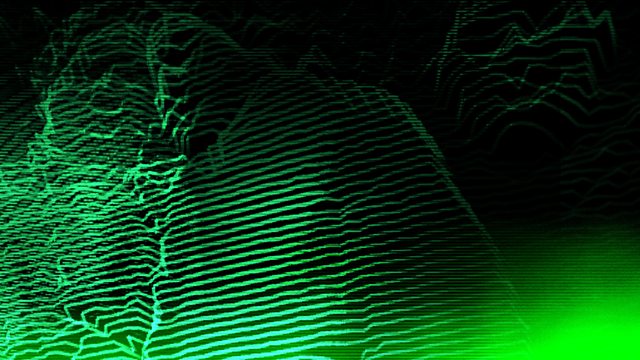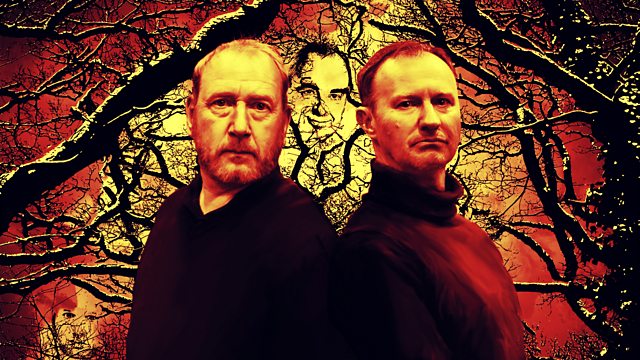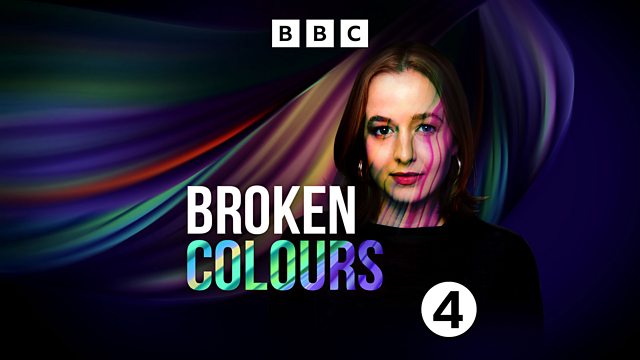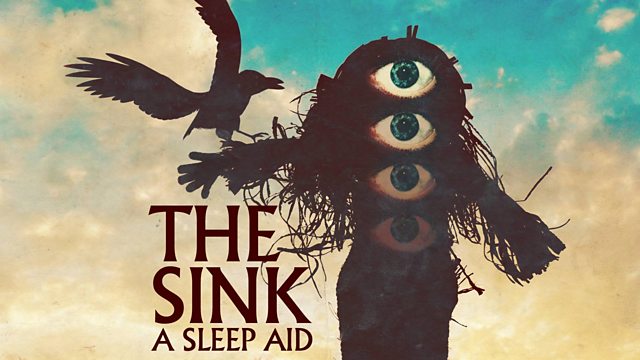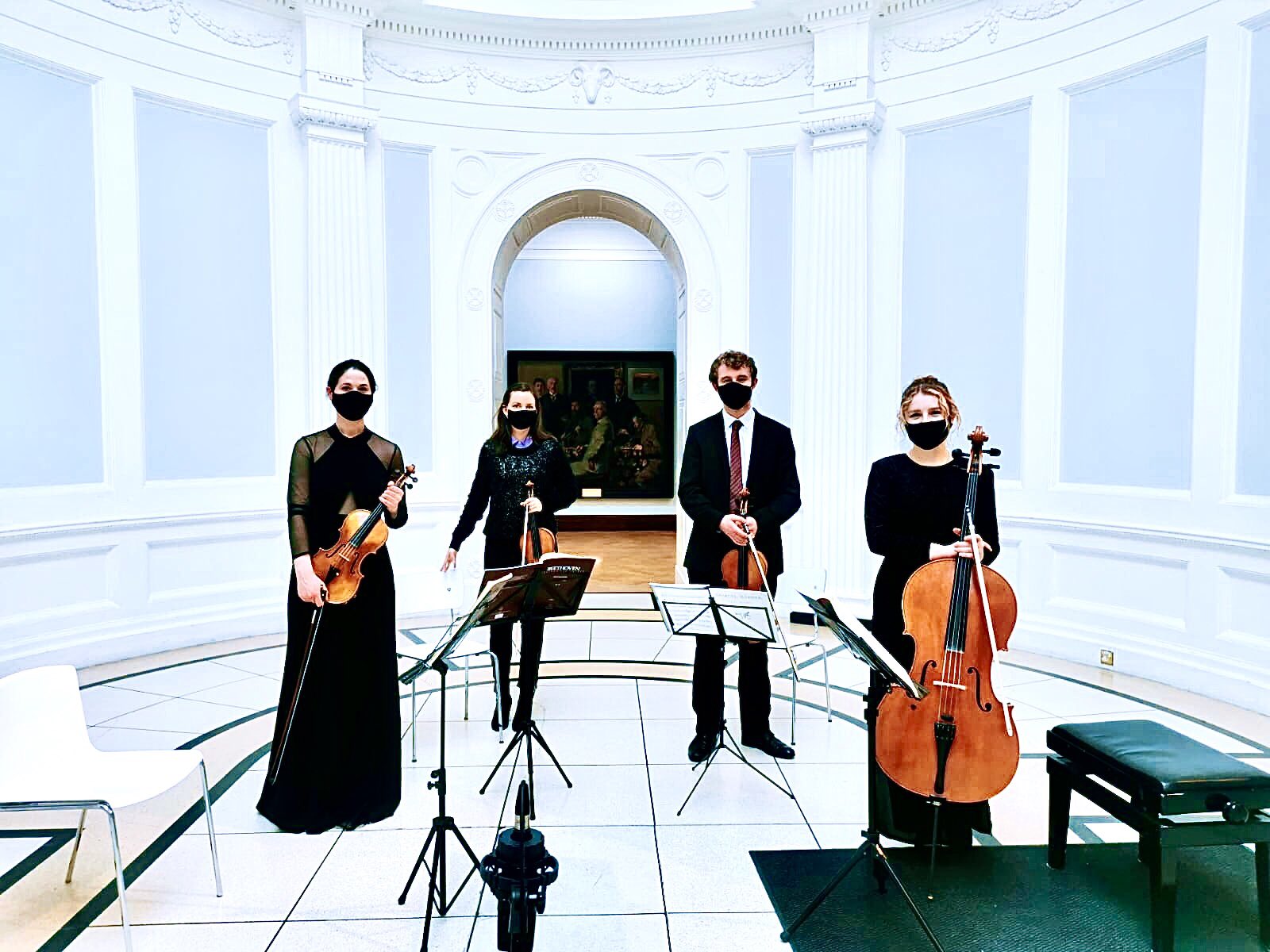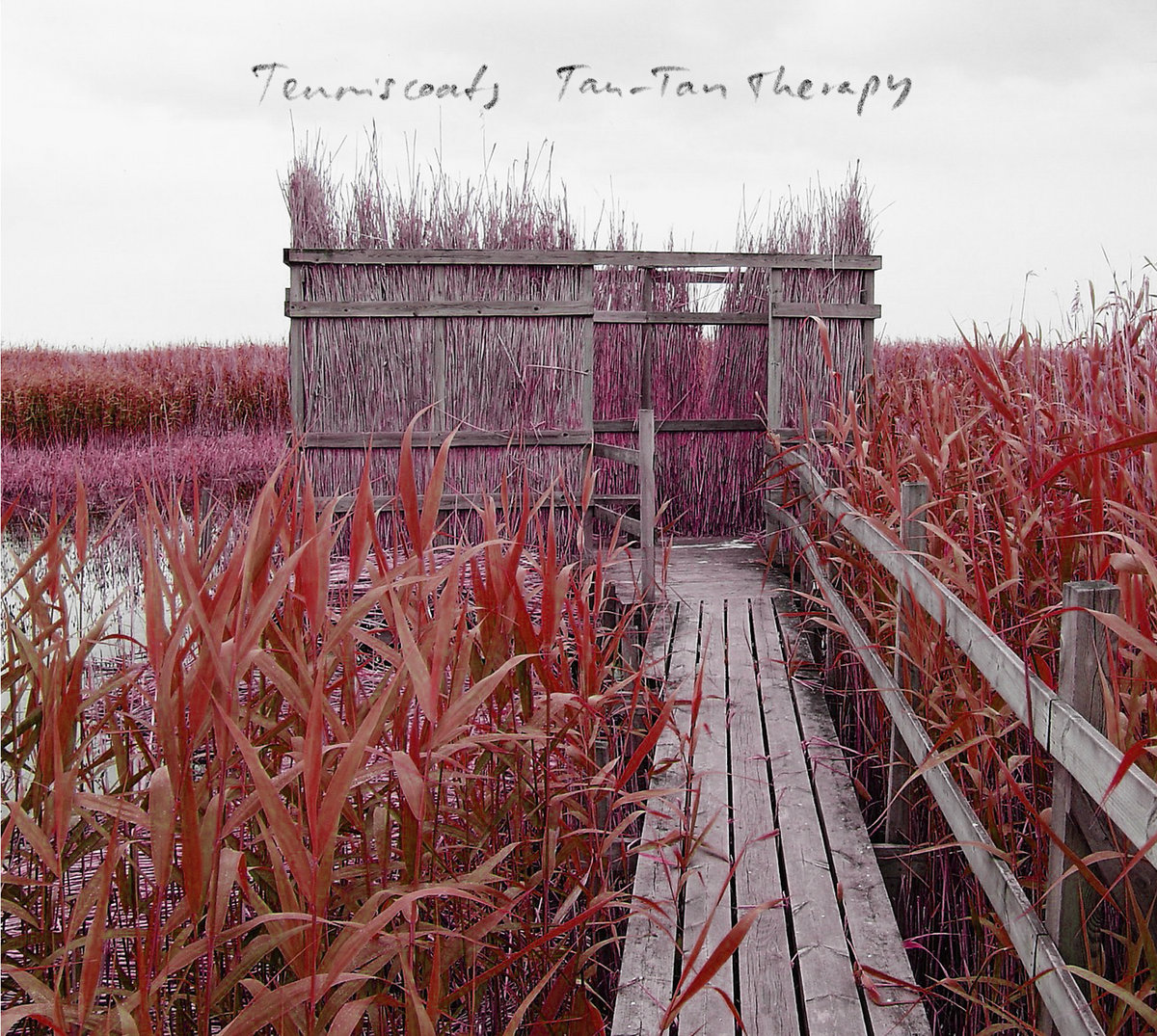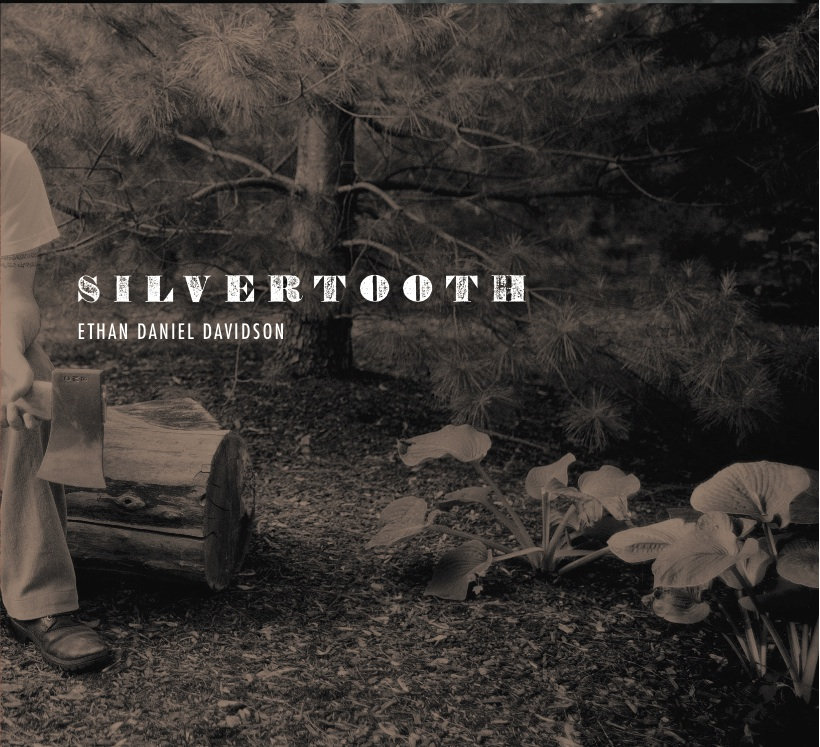This one was adapted from Kneale's 1972 original by Peter Strickland (who also directs) and Matthew Graham. The basic set up is essentially the same as in Nigel Kneale's original: some scientists move into a Victorian mansion to do research and discover that it seems to be haunted; they stumble onto the "stone tape" theory of hauntings (that traumatic events of the past can somehow be recorded in their surroundings). And computer programmer Jill Greely (Jane Asher in the original, played this time by Romola Garai) seems to have a special sensitivity towards the ghostly manifestations.
If you've seen the TV drama then the way this one ends will probably not surprise you. What is maybe interesting is the way in which it deviates from the TV version. For one thing, it is set in 1979 rather than the early 1970s. Also the scientists are working on using sound waves in mining or something, rather than trying to make a breakthrough in recording technology. But the really striking difference for me is the lack of the original's all pervasive racism. I'm guessing that comes from the march of progress and a sense that having a play full of characters who make jokes about "the Japs" or their Irish employer would be a bit problematic in our more enlightened times. Yet it feels like a retreat, not because I am a colossal racist but because the original characters' racism struck me as a marker of weakness and unease on their parts, whether over having to take orders from an Irishman or the imminent destruction of their industry by Japanese competition.
Still, this remains an impressive work, thanks to strong direction and acting bringing out the best of the source material. The play also features striking electronic music by James Cargill of Broadcast and Children of Alice.
The TV version of this was broadcast in 1963, but no recordings of it survive. For this radio version, Toby Hadoke adapted Nigel Kneale's original script and Charlotte Riches directed. Actors included Mark Gatiss and Hattie Morahan. Set in 1768 this centres on an investigation of mysterious phenomena in a wood by the local squire (one of those gentleman scientist types, played by Adrian Scarborough) and a visiting urban philosopher (Gatiss); the philosopher seems to be carrying on with the squire's wife (Morahan), or maybe I am supposing too much here.
The phenomena being investigated see strange sounds manifesting in a local wood, but only on one night of the year. People report hearing unfathomable and disconcerting noises, but also the sound of screams and people in extreme terror. And a local girl reports that she also heard the sound of people moving over a paved roadway, even though the wood has been there since time immemorial. There are stories of Queen Boudicca's followers being massacred in the woods during Roman times; the squire thinks the sounds might be a stone tape echo of this but the philosopher dismisses such ideas as superstitious nonsense. He sees the supposed haunting as the product of over-active imaginations. It turns out both squire and philosopher are wrong: the actual nature of the haunting may surprise you. The ending packs a considerable punch; rather than spoil it I encourage readers to listen to the audio drama themselves.
Like everyone my age I have not seen the original television version of The Road, but I did find myself wondering how Toby Hadoke's version might have varied from the source material. My suspicion is that Nigel Kneale's philosopher probably did not have a West Indian former slave as a manservant, although it's not impossible that someone of his class at that time might have done. It pleased me that the drama presented 18th century race relations in a reasonably realistic manner and did not present us with a fantasy bollocks utopia version of such things (as seen in popular drama Bridgerton).
images:
The Stone Tape (BBC)
The Road (BBC)
